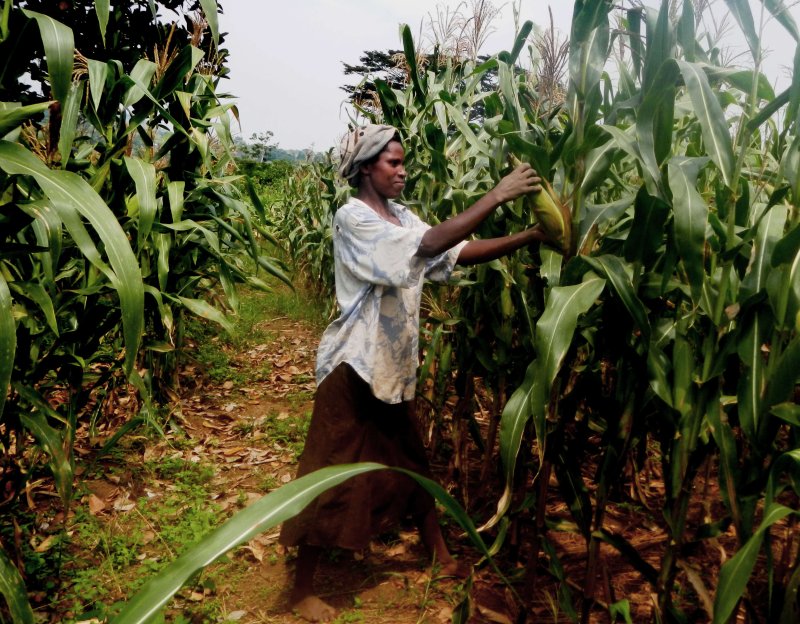African experts are urging governments across the continent to give a “special focus” to agriculture in the post-COVID-19 recovery era.
The agriculture sector needs to make more investments in irrigation, dam construction and equipment acquisition, as well as embrace superior seeds, if food and health security risks are to be reduced, experts say. This support is even more urgent in the wake of the pandemic, which has had a devastating impact on African agriculture — a sector that provides up to 65 percent of the employment on the continent.
Their call, made in a webinar organized by African Risk Capacity to discuss how African economies can better address health and food insecurity risks exacerbated by the COVID-19 pandemic, comes as the continent faces the possibility of unmet Sustainable Development Goals (SDGs) exacerbated by staggering financing costs.
“Africa is now faced with a systemic challenge because the pandemic is not about health only, it is also about food security, inequality and social disorders,” said Dr. Ibrahim Mayaki, CEO of Africa Union Development Agency (AUDA-NEPAD). “For instance, when Ebola struck, consumers were more affected, but we saw not so much disruptions in the movement of goods and services.”
With some African countries closing borders, yet remaining inter-dependent on trade, farming activities have been further disrupted. “There’s a need to bring up radical and dynamic policies that make possible a safe movement of goods to neighboring countries as this has affected smallholder farmers accessing the markets,” Mayaki observed.
While the total value of agricultural output has grown markedly over the past decade, sub-Saharan Africa remains the most food-insecure region in the world, with uneven progress towards eradicating hunger over the past decade, according to Africa Risk Capacity.
The United Nations Economic Commission for Africa (UNECA) is looking at farmer support programs, as well more investment in agriculture, to prepare and plan for impacts of this nature, said William Lugemwa, director of the commission’s private sector, development and finance division.
“We are also working with partners to see how we can tackle the problem of food security and ensure that we don’t find ourselves with nothing to eat in the coming six or 12 months,” Lugemwa said. “We want to have a coordinated approach as to how best we look at the issues of agriculture and food security.”
“In addition to the COVID-19 pandemic, we’ve had ongoing challenges, including food insecurity due to successive previous droughts and other climate-related disasters,” said Judith Rusike, director of financial and capital markets and a representative of Zimbabwe’s minister of finance and economic development. In response, the Zimbabwe government has adopted various measures, including distribution of food aid to the vulnerable.
Meanwhile, the pandemic is reversing the global trend toward poverty reduction. The global extreme global poverty rate is projected to be 8.4 to 8.8 percent in 2020, which is similar to 2017 figures, according to the latest estimates in a new report from the United Nations Secretary General. This means that an estimated 40-60 million people will be pushed back into extreme poverty, representing the first increase in global poverty in more than 20 years.
The economic slowdowns and disruptions in the food value chains caused by the pandemic are exacerbating hunger and food insecurity, the report noted.
In addition, the desert locust upsurge remains alarming in East Africa and Yemen, where 35 million people already experience acute food insecurity, the report stated.
Due to the pandemic, some 370 million schoolchildren are missing the free school meals they rely on. Measures to strengthen food production and distribution systems must be taken immediately to mitigate and minimize the impacts of the pandemic, the Secretary-General warned in the report.
This article ran at Cornell Alliance for Science and has been republished here with permission. Follow the Alliance for Science on Twitter @ScienceAlly































